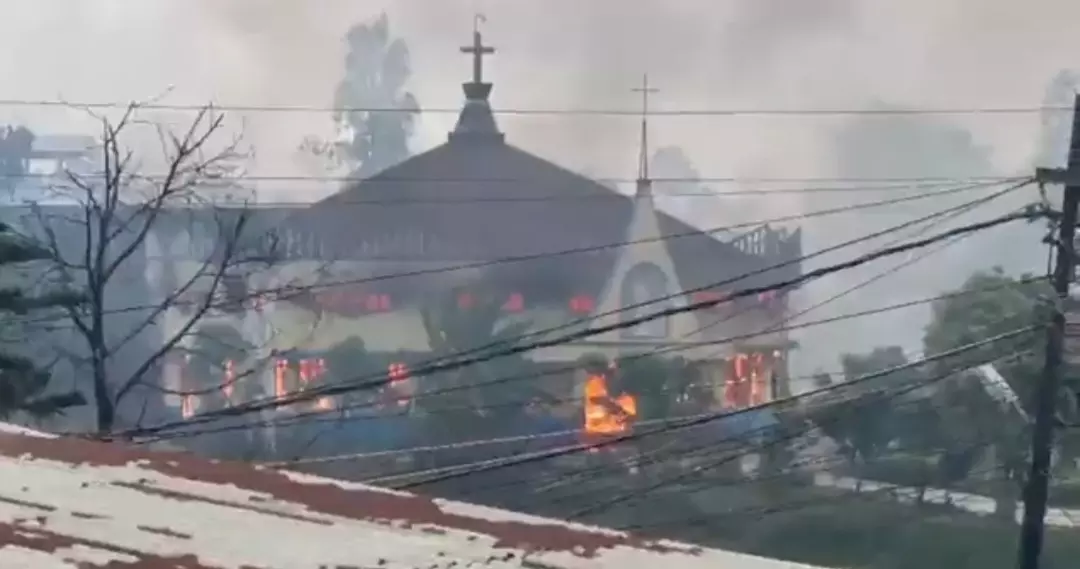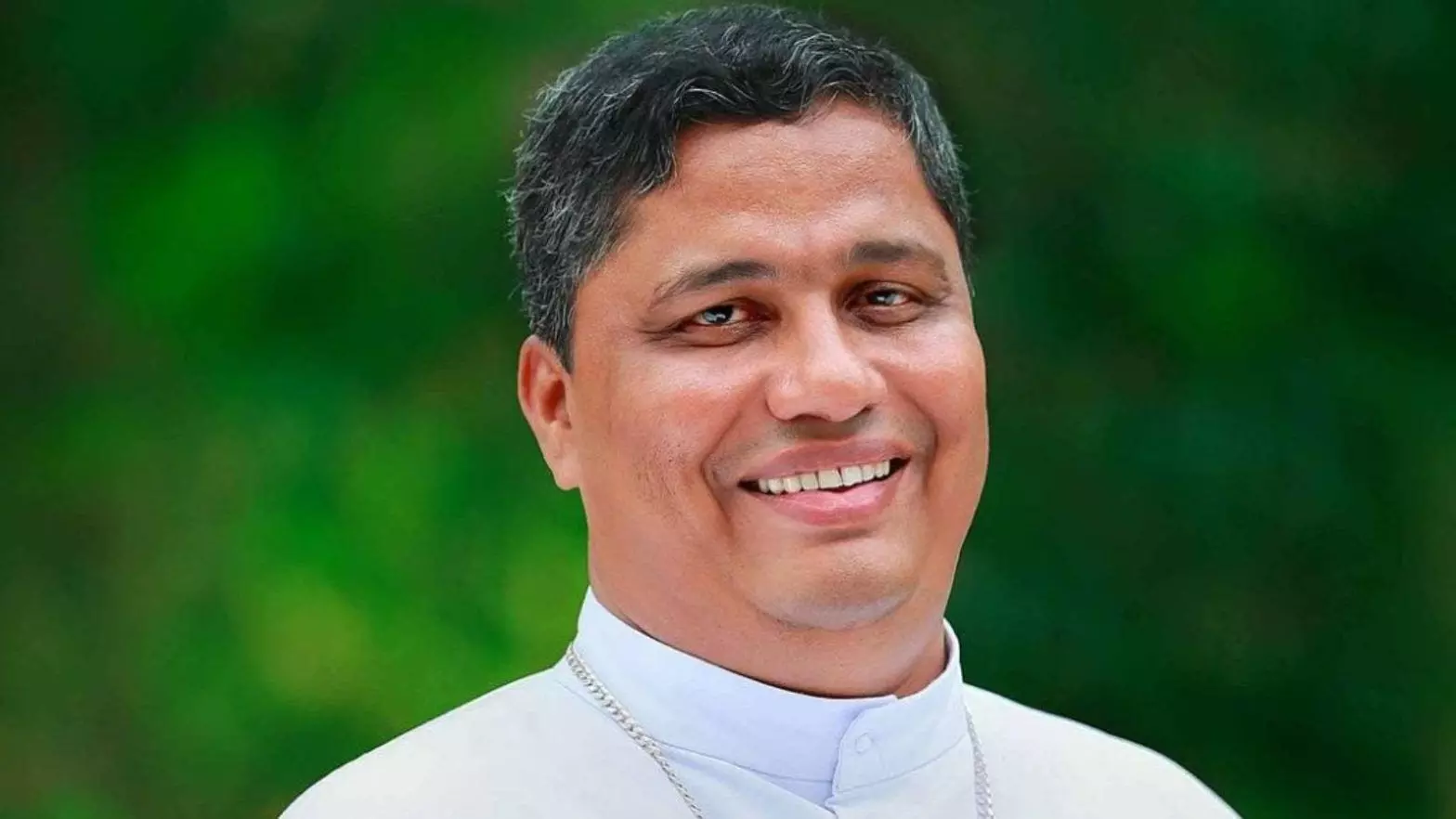
Manipur says memories should not be lost
text_fieldsAfter a visit to the riot-affected areas of Manipur, two parliament members from Kerala Congress party leadership, Jose K Mani and Thomas Chazhikadan held a news conference in New Delhi, which was quite pertinent and politically significant. As commented earlier by many who had visited the area, Jose K Mani said in a forthright manner that what happened in Manipur was clearly racial violence. In his own words, what is happening in Imphal and other places is the biggest planned genocide in independent India. He asked what the prime minister and the Central government were doing when the Christian minority Kukis and Nagas were being hunted down in a scale never seen before. He minced no words when commenting that Modi's silence was more terrible than the pogrom itself, and demanded that the monsoon session of parliament should hold proceedings to discuss the Manipur situation. The content and body language of the Kerala Congress leaders fully reflected the frustration and angst of the minorities of the region, whose lives were hurled into uncertainty in the rampage indulged in by the Meiteis of Manipur with the connivance of the government. Perhaps it was because of this that they were ready to portray the situation in terms of communities rather than a political criticism about the government. It may be as part of this that there were also references to the relations of Christian leadership with the sangh parivar. When Jose K Mani, MP calls on the church leadership that they should be vigilant in such contacts, that can be construed only as a voice of realisation of facts.
Reports from various quarters of Manipur establish that what continues to happen there is a genocide similar to the one during India-Pakistan partition. And mob vandalism that makes targeted attacks on the homes, schools and places of worship of Christian community can be called nothing but genocide. When a leader like Jose K Mani recognises this fact and speaks in public about it, that assumes serious political dimensions too. As a matter of fact it was the social engineering of the sangh parivar that roped in Christian sections and helped bring the BJP to power in Manipur. It is when the sangh parivar tries the same social engineering in Kerala - and it enjoys the unstinted support of the church - that Jose K Mani makes his perceptions known. And there is some poetic justice when Jose K Mani himself makes such plain speaking, because he was in the vanguard of those spreading the key element of this social engineering, i.e. Islamophobia. Few would have forgotten his statement during the last assembly election campaign that 'love jihad' was a fact. And at that time, in the urge to woo the central Kerala electorate, the Left parties held the church close through Jose K Mani while the Congress-led Opposition was in no mood to lose the remainder of the community votes, and thus both failed to react substantively against such pronouncements. But in reality, the party that reaped the fruit of all this was the sangh parivar. And there are numerous instances of the same tactic being played by the church leadership in their keenness to placate the central government, as exemplified in the remarks of the Bishop of Pala about narcotic jihad and the virtual hate speeches made more than once by the Archbishop of Thalassery, all of which fall into the same category.
All the interventions and political statements from the church leadership were such that put the saffron political force a cut above the left-right political equations of Kerala. And none can deny that the party dear to the church, Kerala Congress, did give its tacit approval for such a play with fire. They had no other agenda than to stay close to the ruling side whichever be that front. Albeit late, now in the wake of the unusual situation in Manipur, the church and the Kerala Congress leadership have discerned that the sangh parivar's social engineering of embracing the church was a mere political ploy, although this fact had been pointed out earlier by the secular school of the state. Even Archibishop Pamplani, who had promised that the church would stand by the BJP if it could raise the price of rubber, had to concede that the killings in Manipur constituted genocide of the Gujarat model. Thus it has been proved once again that sangh parivar is synonymous with racism and racist hate politics. One may recall that more than 50 churches were set on fire in Imphal and neighbouring areas. The account given by Archbishop of Implal, Dr Dominic Lumon of the rampage by rowdy gangs in these areas can shock anyone with a conscience. Such shock, agony and desperation were discernible on the face of Jose K Mani too. The BJP is an entity which believes that social engineering similar to Manipur is possible in Kerala too. Jose K Mani has asked to be vigilant against those that pave the way for that. One can only hope and wish that this vigilance and awakening will do good!






